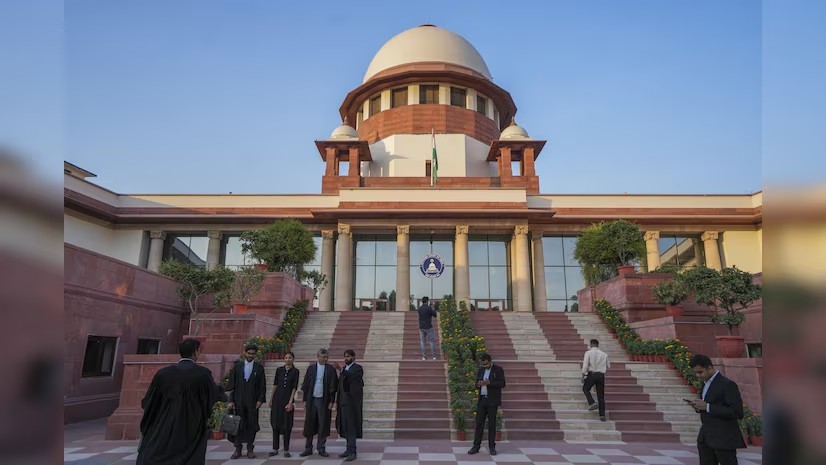Supreme Court Stays Allahabad HC Ruling on Attempted Rape
Why in News ?
The Supreme Court stayed an Allahabad High Court ruling that reduced attempted rape charges to minor assault in a POCSO case, questioning the insensitive interpretation of “attempt to rape” and highlighting the need for legal clarity.
Background of the Case:
- The Supreme Court has stayed the Allahabad High Court’s ruling, which stated that grabbing a minor’s breasts and breaking her pyjama string did not constitute an “attempt to rape” but amounted only to “preparation.”
- The HC removed charges of attempted rape against three accused and directed a trial for the minor offense of assault or use of criminal force against a woman (Section 354B IPC) read with Sections 9/10 of the POCSO Act, 2012.
- The ruling sparked outrage due to perceived insensitivity and a narrow interpretation of “attempt to commit rape.”
Legal Distinction: Preparation vs. Attempt
- The SC emphasized the importance of distinguishing “preparation” and “attempt” in criminal law. While “preparation” alone is generally not punishable, “attempt” is a punishable offense.
- As per the SC ruling in Abhayanand Mishra vs. State of Bihar (1961), an attempt to commit a crime requires:
- Intention to commit the offense.
- Preparatory actions.
- An overt act towards committing the crime, known as the “penultimate act.”
- The Allahabad HC based its decision on Rex vs. James Lloyd (1836), requiring the accused’s intent to gratify passions despite resistance—a standard criticized for its outdated interpretation.
Implications and Future Outlook
- The SC’s stay order reflects a stance against the HC’s lenient approach, aiming to redefine the legal threshold for “attempted rape.”
- The case highlights inconsistencies in Indian courts’ interpretation of “attempt” in sexual offenses.
The SC’s final decision could set a precedent for stricter interpretations of “attempted rape,” ensuring justice for victims and clarity in the legal framework.




